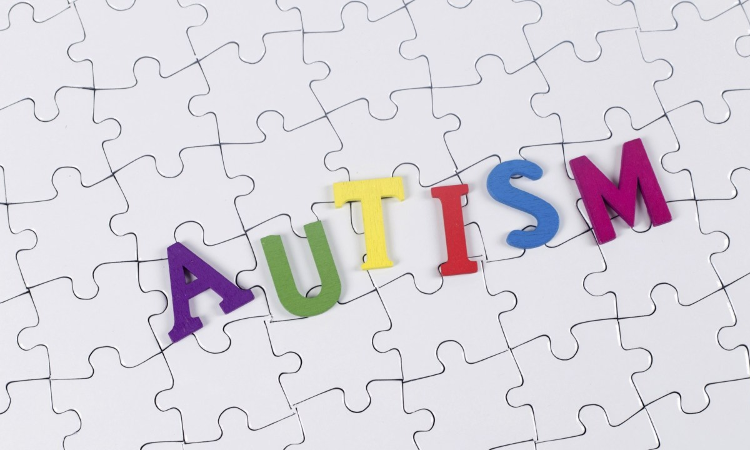
As discussed in previous articles, mental health is defined as a state of well-being in which an individual realises his or her own potential, can cope with the normal stresses of life, can work productively and fruitfully, and is able to make a meaningful contribution to their community.
Autism or autism spectrum disorder is a group of disorders that affect development of the brain affecting 1 in 100 children.
The symptoms can be complex and there can be misunderstandings about what autism is and what it is not.
The 2nd of April is commemorated as World Autism Awareness Day, as we mark this day, let us strive to understand what autism is and how our families and communities can better support those affected.
Common myths about Autism
- Myth: Autism only affects children. Fact: Autism is a lifelong condition and the symptoms may change as an individual gets older to become an adult with autism
- Myth: Autism is caused by poor parenting or neglect. Fact: While severe neglect can result in a socially withdrawn child, this is not autism. Autism is caused by a combination of genetic and environmental factors
- Myth: All people with autism have intellectual disability. Fact: Autism symptoms lie on a spectrum and some people with autism may have intellectual challenges while some may have no intellectual challenges
- Myth: All people with autism have special abilities, they are ‘savants’. Fact: Autism has a range of symptoms and some people may have special artistic skills or incredible memory but this is not seen in all people with autism.
However, each person with autism is a unique individual with their own strengths and challenges in spite of their diagnosis
- Myth: People with autism cannot feel or form close relationships. Fact: People with autism have challenges with social communication, understanding and expressing their emotions but they do feel and can have meaningful connections with their family and peers
What are the symptoms of autism?
Autism affects one’s ability to interact socially and communicate, they may have challenges with restrictive, repetitive behaviour and sensory sensitivities.
- Autism…. The myths vs facts
Keep Reading
The challenges with social interactions and communication include challenges making eye contact, understanding social cues, body language and facial expressions, understanding and expressing emotions leading to awkward or inappropriate social behaviour.
Autism may cause delayed speech and up to 30% of people with autism maybe non-verbal.
Autism can also result in repetitive movements like hand-flapping, rocking back and forth.
People with autism may insist on rigid routines and sameness of their environment and may become upset if there are rapid unexpected changes.
People with autism may struggle with sensitivity to sounds and textures of food.
How can we support people with autism and their families?
- Raising awareness about autism in the community to reduce stigma and facilitate early recognition of symptoms and referral for appropriate treatment
- Improving access to appropriate care for autism including access to affordable speech and language therapy, occupational therapy and medication where necessary
- Educational support, training of teachers to manage and help students with autism to learn to the best of their ability
- Support for parents, caregivers and families to prevent caregiver burnout and stress. The quality of care they give to someone with autism is heavily dependent on their own mental wellbeing.
If you think that you or someone that you know maybe struggling with a mental health problem, please contact your nearest health care provider and get help.
*Dr Chido Rwafa-Madzvamutse is a consultant psychiatrist. Feedback on WhatsApp: +26377772733









